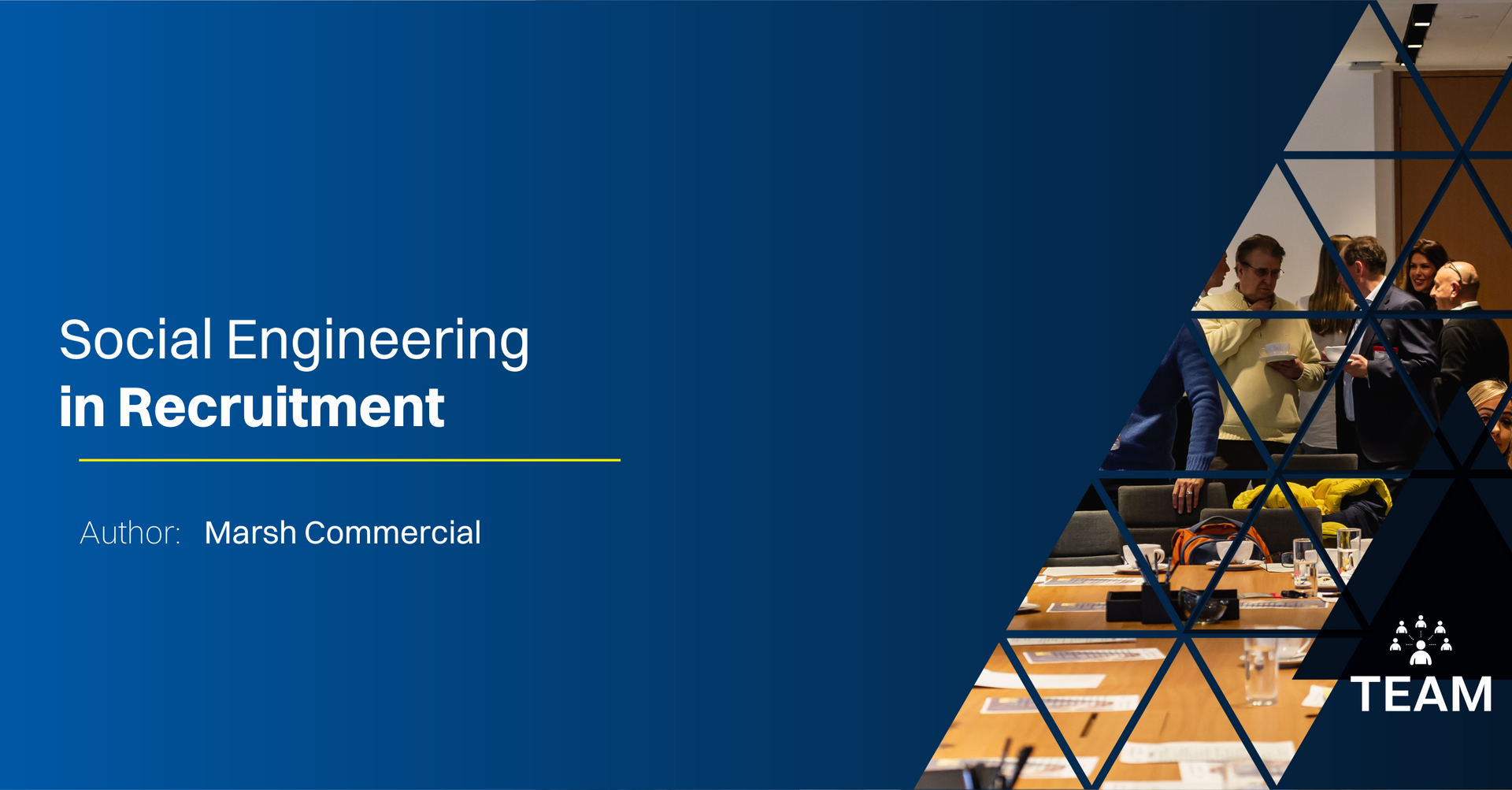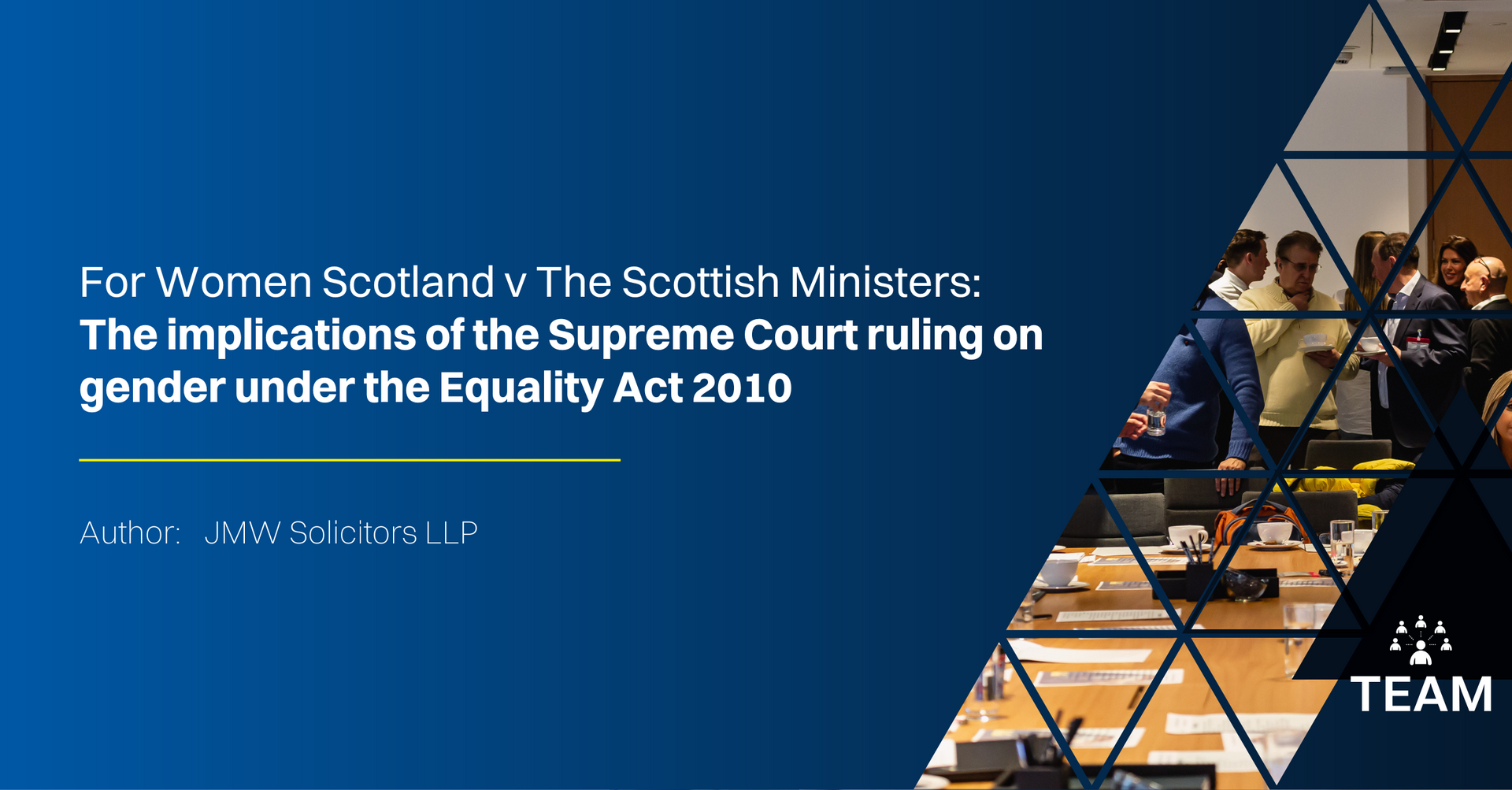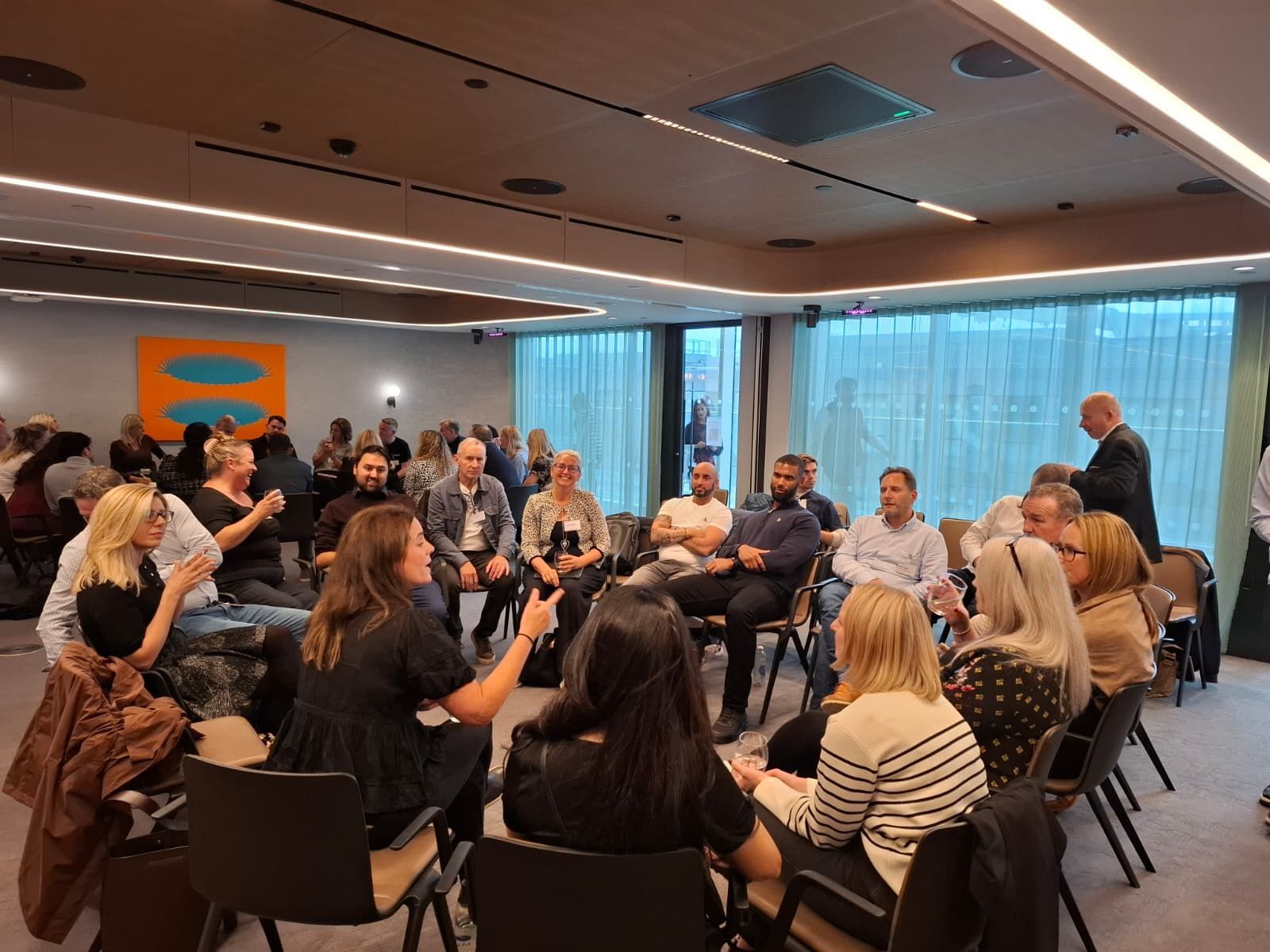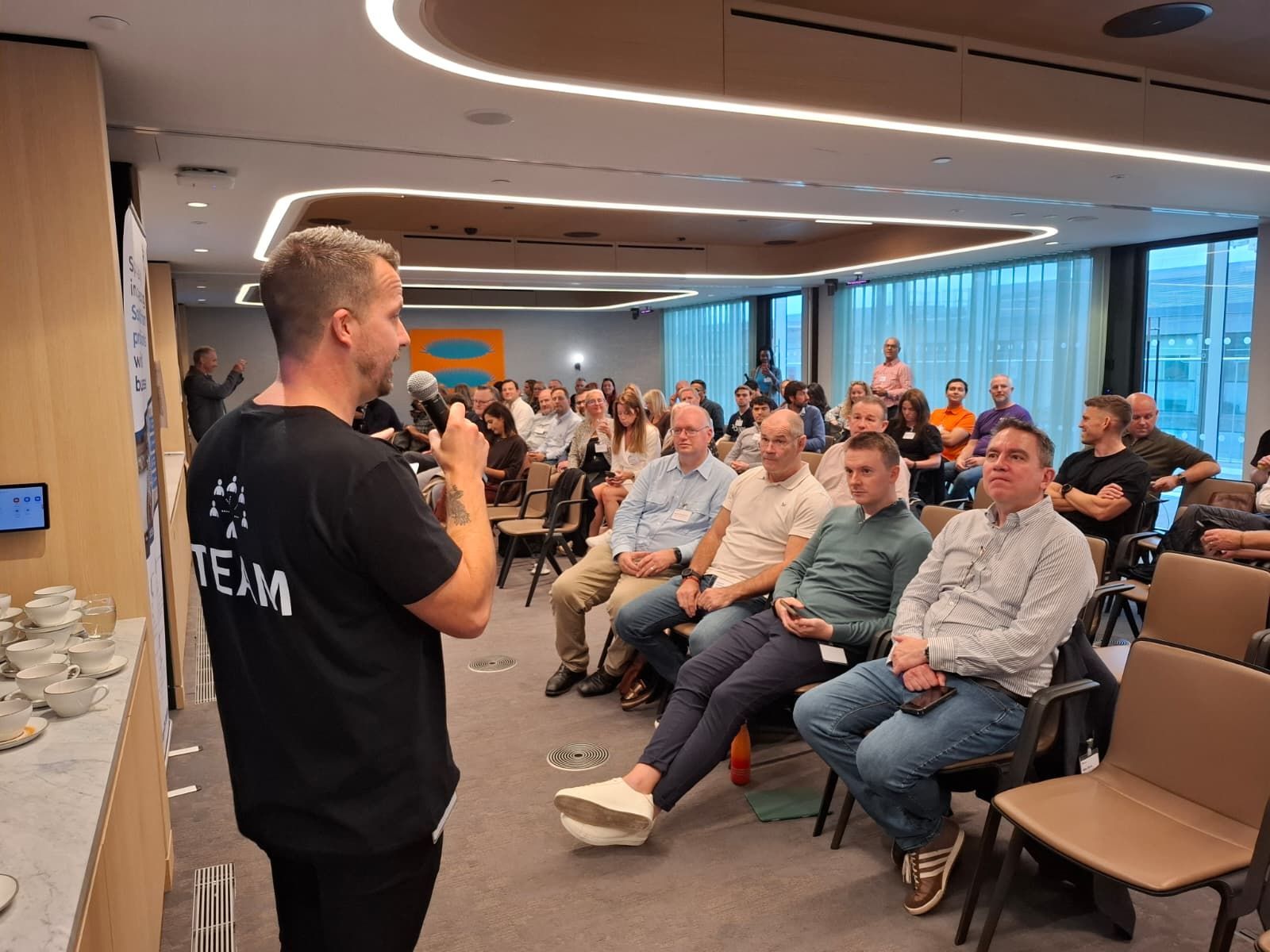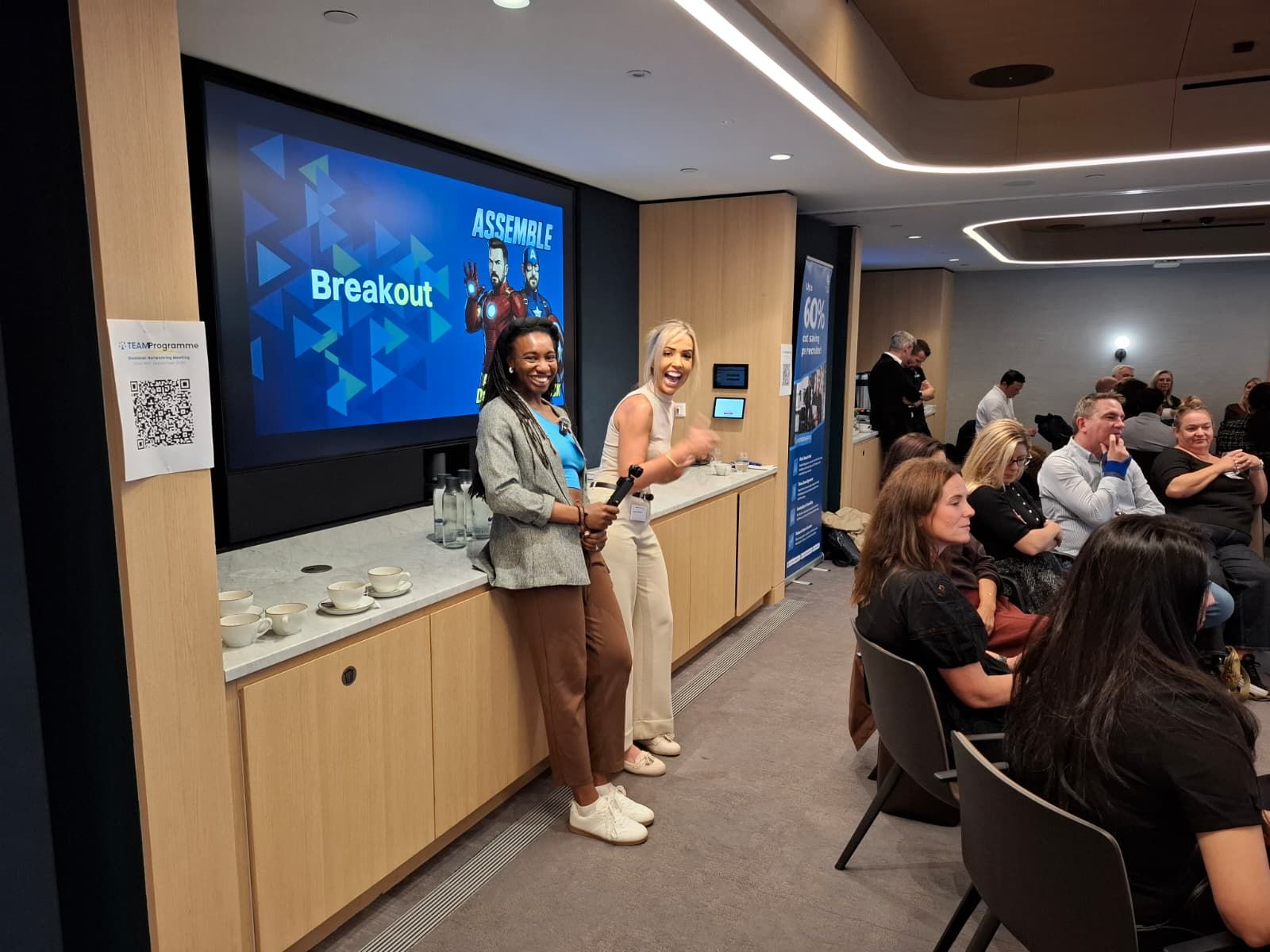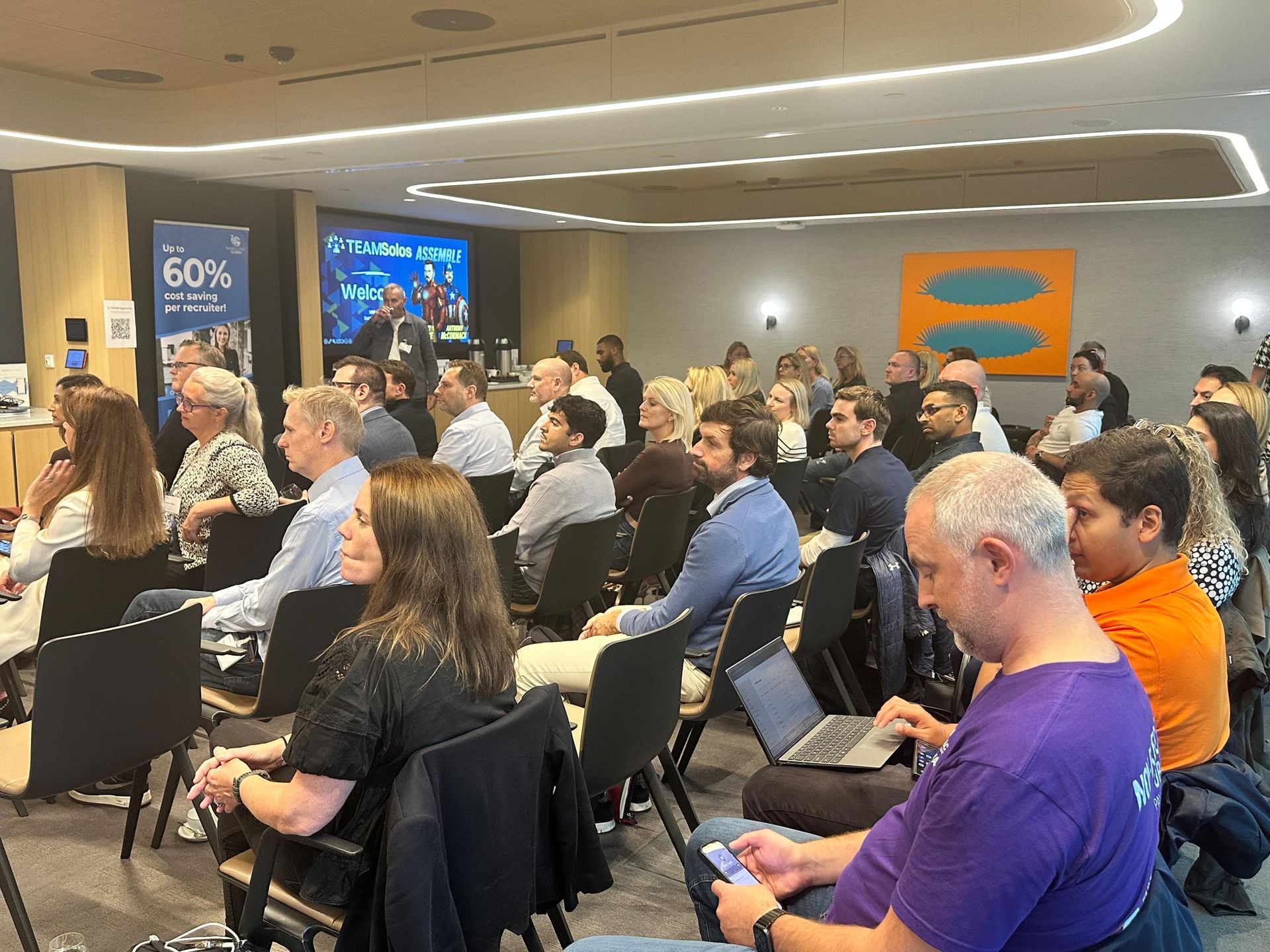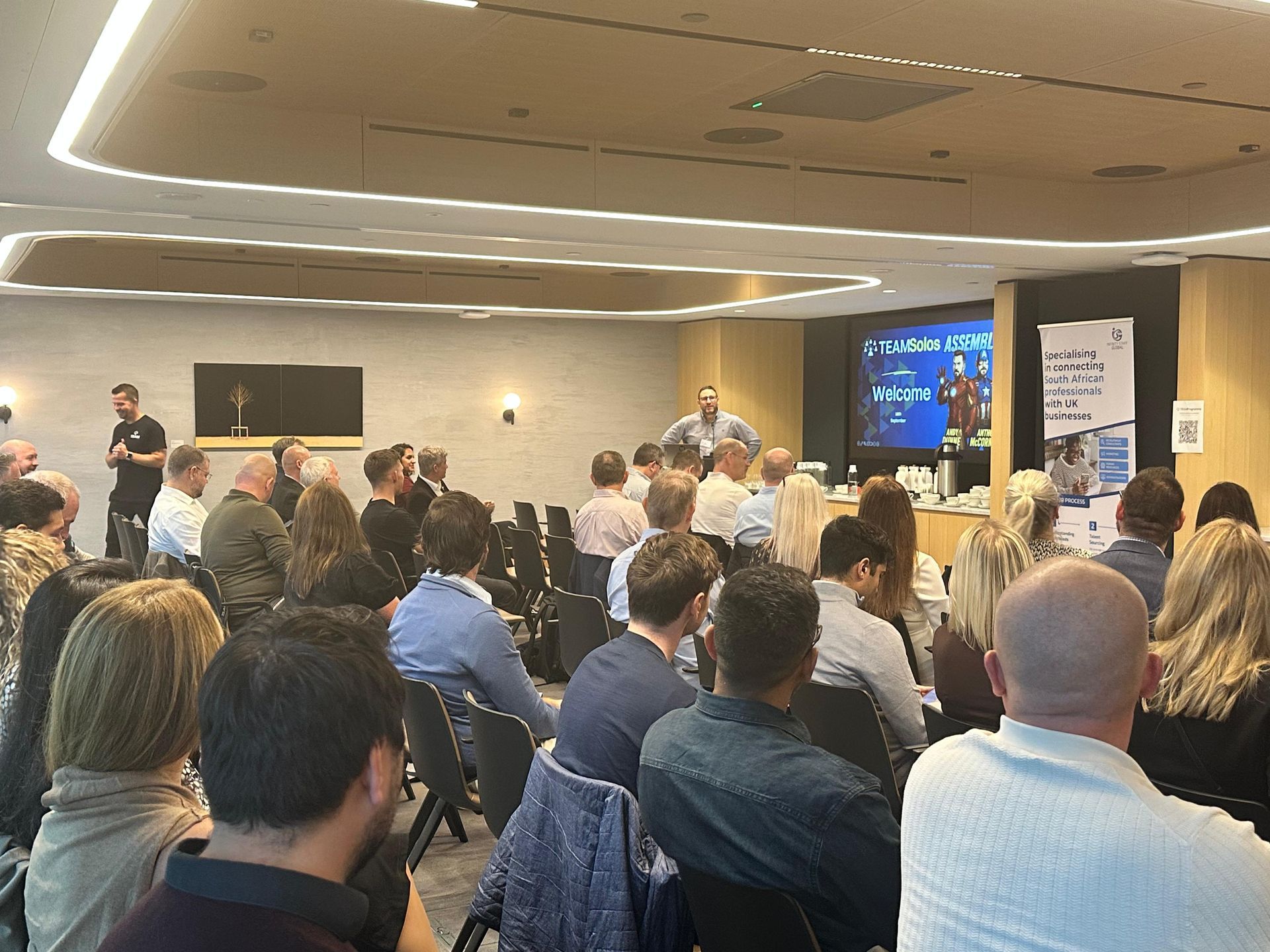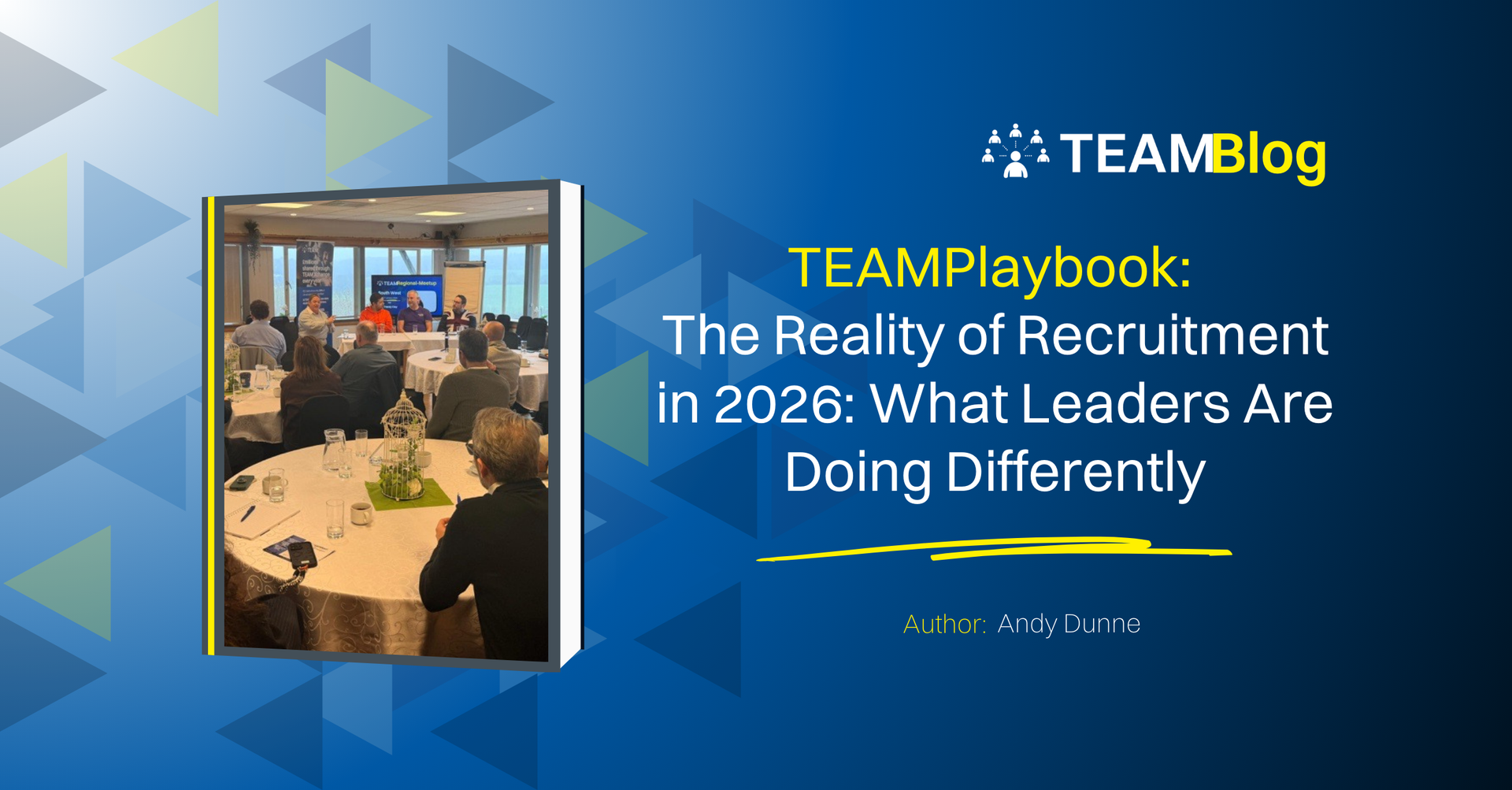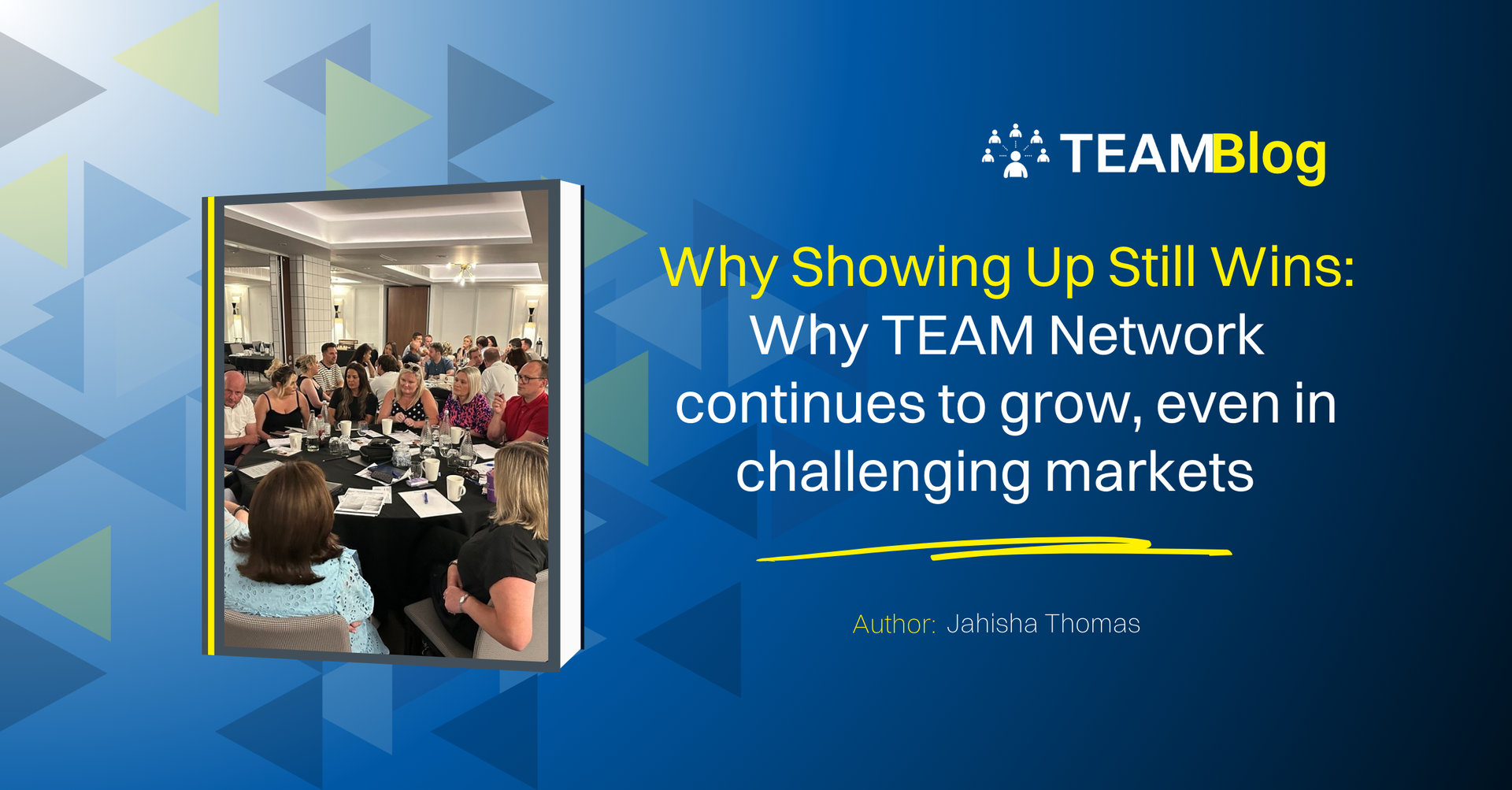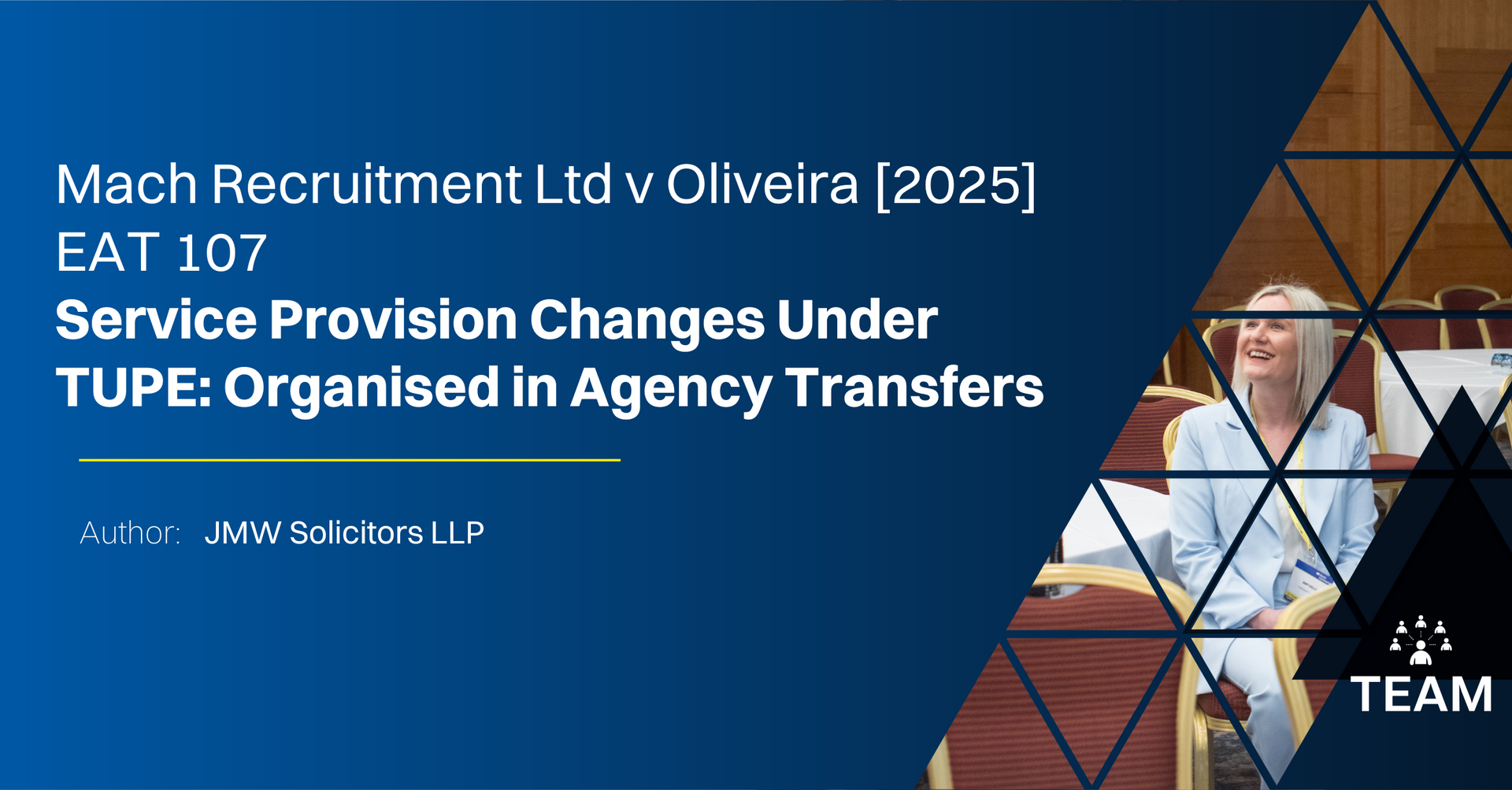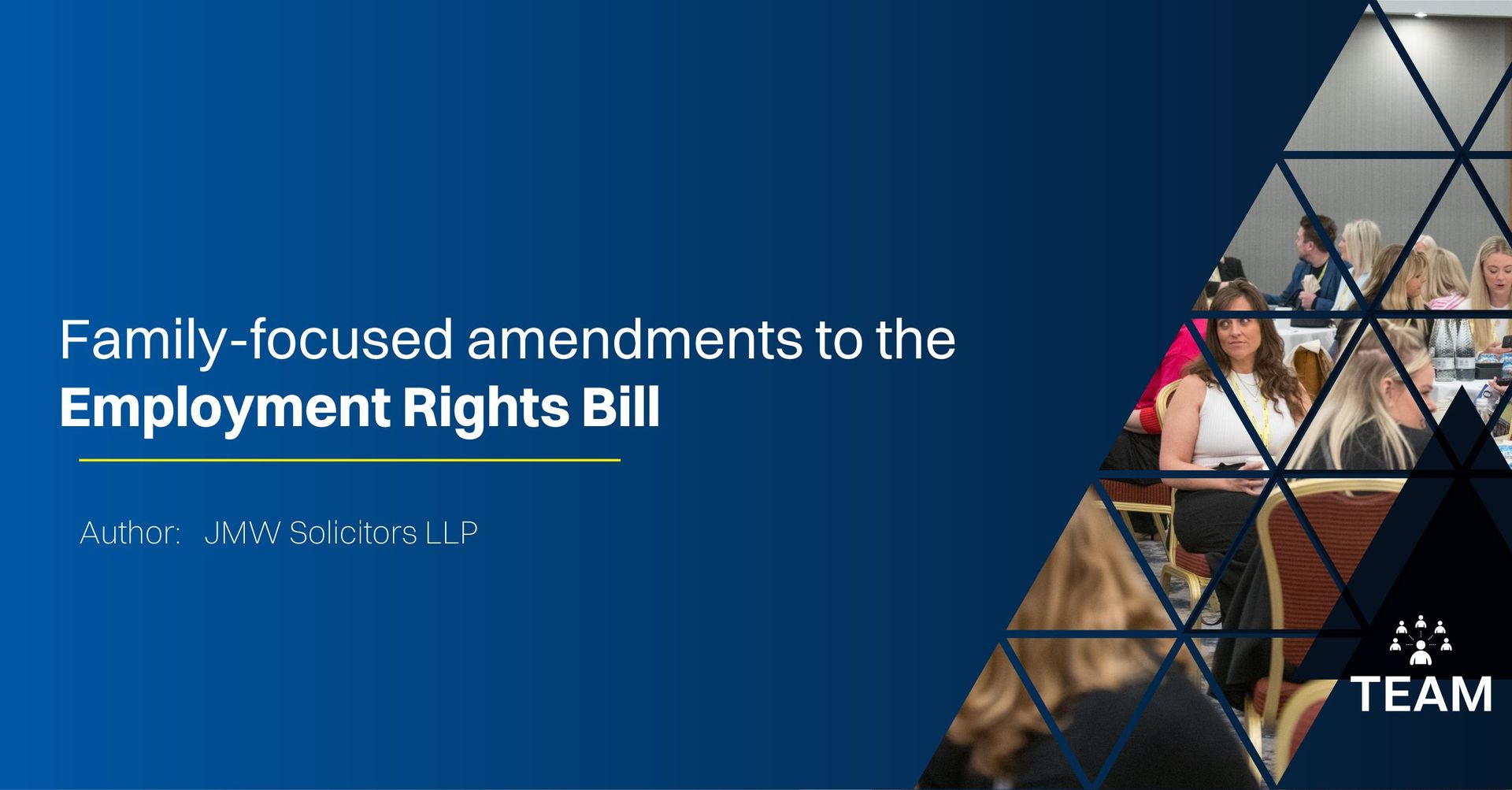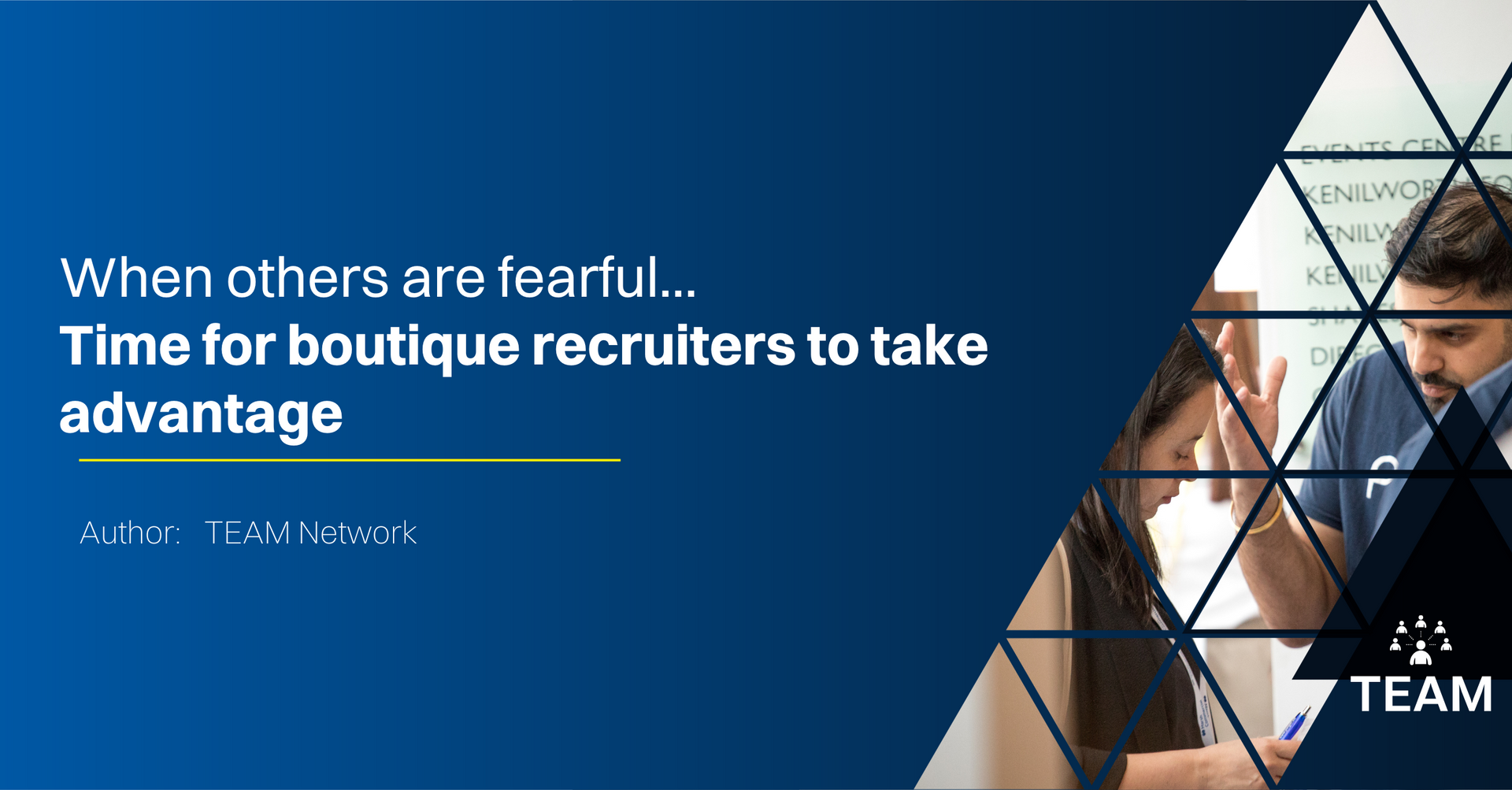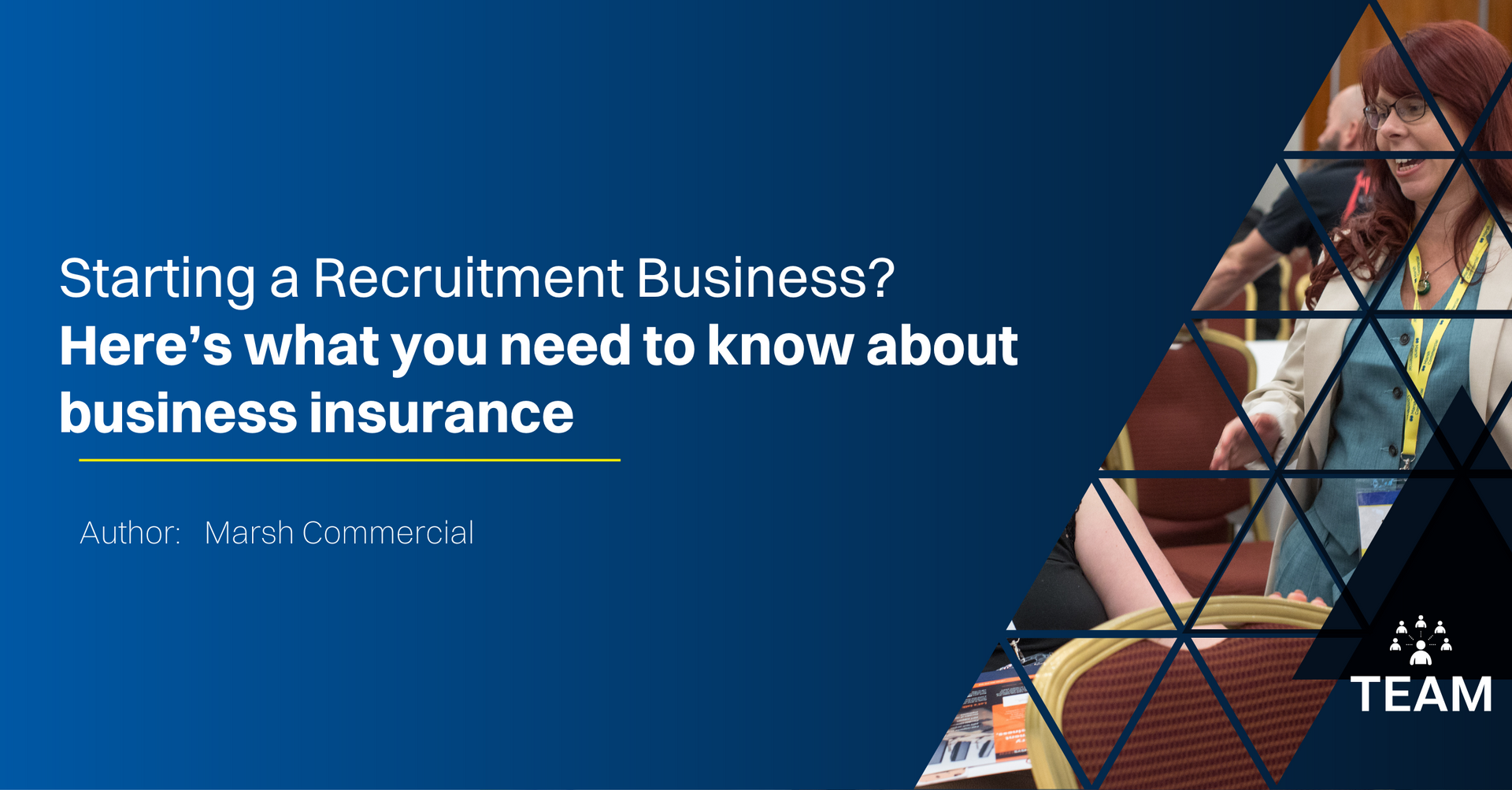
The TEAM Solo Division was built to give independent recruiters a place to connect, learn and collaborate. This event showed just how powerful that can be when Solos unite.
Why this matters
Almost every recruitment business starts out as a solo venture. Whether through choice or circumstance, the first step is almost always taken alone – working from a spare room or kitchen table, building something from scratch. But while independence is empowering, it’s not without its challenges. The steep learning curves, the sense of isolation, the reality of juggling every function from business development to admin – these are experiences every recruitment founder knows well.
That’s why the TEAM Solo Division resonates so strongly. It exists to give solopreneurs a sense of belonging and to turn “going it alone” into something far less lonely.
The Summer edition of Recruiter Magazine captured this reality in its feature “Flying Solo” (July 2025). The article profiled a range of solopreneurs – many of them TEAM Members – and explored why networks like TEAM are becoming vital.
Take Rachel Filby of RF Recruitment Consultancy, who told Recruiter: “You have to genuinely love doing the job if you’re going to do it on your own – speaking to candidates and clients, going out and selling your business, winning clients, business development…" That passion and resilience were reflected in the stories shared at our Solo Division event.
The surge of the Solo community
This year, the Solo Division has grown faster than any other part of TEAM:
- WhatsApp groups buzzing daily with knowledge-sharing and peer support.
- Partnerships forming weekly, many already turning into placements.
- Hundreds of years of experience being shared, creating shortcuts and solutions for new solopreneurs.
As Recruiter Magazine highlighted, many people choose the Solo path for autonomy and flexibility. But autonomy doesn’t need to mean isolation. Portia Moon, another voice in the feature, put it perfectly: “In recruitment, it’s either a massive high or a massive low, so that support network is really important.”
That is exactly what TEAM has built for Solos – a support system that celebrates wins, shares challenges and makes sure no one feels cut off.
Highlights from the day
Our September event was designed to showcase that spirit of support and collaboration.
- Tom Brown (Talivo) spoke about the value independent recruiters bring to in-house TA leaders.
- Michelle Flynn (Michelle Flynn Coaching) delivered a session on mindset and imposter syndrome that resonated deeply across the room.
- Ross Thompson (Infinity Staff Global) and Howard Greenwood (Jump Advisory) shared strategies and stories from years of experience.
- Speed networking created dozens of new conversations, partnerships and fee-share opportunities.
But beyond the agenda, it was the atmosphere that defined the day – buzzing, open and collaborative.
What attendees said:
The most powerful measure of success is the feedback from those in the room. Here’s what they told us:
Tam Dost captured the spirit of the day with a quote from Ryūnosuke Akutagawa: “Individually, we are one drop. Together, we are an ocean.” She reflected on the value of bringing 68+ Solos together: “Great to put faces to names and connect with so many driven professionals – sharing ideas, building relationships and supporting each other’s growth journey.”
Aletha Kellond was struck by the way TEAM flips the competitive mindset of recruitment: “Recruitment can be a very selfish field… Networks like TEAM flip that thinking on its head. Encouraging collaboration, education and knowledge-sharing among its members.”
She highlighted the speed networking and roundtables as a personal highlight, calling them “a chance to share knowledge, insights and even live business opportunities to support one another.”
Emma Campbell reminded us of the reality many Solos face: “Running your own business can sometimes feel a little lonely, which is why I really value the opportunity to be surrounded by like-minded individuals to share ideas and network.” She added: “One of the best things about being part of the TEAM Community is the genuine support we give each other by collaborating, sharing knowledge and helping one another succeed.”
Jacqui Earles-Barrett summed up the unique value of the Solo Division: “Ever wondered what happens when you put a room full of solo recruiters together for a whole day? Yesterday I found out… I came away feeling inspired, energised and reminded how valuable it is to spend a day with people who really get what running a solo recruitment business is like.”
Rebecca Strain focused on the business impact: “Collaboration is key. Working with peers strengthens the value we bring to our clients - together, we can deliver more powerful propositions.”
Arran McCabe spoke about the fresh mindset the event provided: “I’ve come away with new ideas, fresh mindset, new connections, and a new community.” Her words echo what so many Solos said on the day – that it’s not just about business opportunities, but about feeling part of something bigger.
The wider Solo story
The Recruiter Magazine article also spotlighted TEAM Members such as Anthony McCormack from Macstaff, who has built much of his business through split-fee collaborations on TEAM Xchange. He said: “Most of my revenue has been through business sharing and split fees, through TEAM and other relationships. It’s gone from being the icing on the cake to a good chunk of the cake.”
That’s a reminder that while Solo recruiters may not want to build large headcounts, they can still scale their impact and income by working together. And it’s not just about revenue. As Kerry Greenland told Recruiter, joining TEAM when she set up her agency gave her the mentoring and guidance she needed: “I felt like I had a mentor and a guide and I don’t think I would still be here if it wasn’t for that.” The message is clear: collaboration and support turn a tough solo journey into a sustainable business.
Beyond Business – wellbeing and connection
Solos don’t just need business opportunities; they need connection. That’s why initiatives like the TEAM Netwalks, also featured in Recruiter Magazine, have become such a hit. As Andy Dunne said in the article: “Some walkers said it was the best networking event they’d had in their life.” These activities remind us that the Solo Division isn’t just about making deals. It’s about building a healthier, more sustainable career for recruiters who choose independence.
Looking ahead
The September event wasn’t just another networking day - it was a statement. Independent recruiters are stronger when they collaborate, and the Solo Division has never had more momentum.
From WhatsApp groups and split fees, to in-person events and netwalks, the Solo community within TEAM is proving that while you may run your business solo, you’re never truly alone.
As Anika Awasthi put it after the event: “Yes it’s hard to do your own thing. Yes the market is tough. But we wouldn’t change it for anything. And when you meet like-minded people, you can relax. No explanations necessary.”
That sums it up perfectly. Solo, but never alone.
Want to find out more about
TEAM Solo Community?
Enquire with us today
